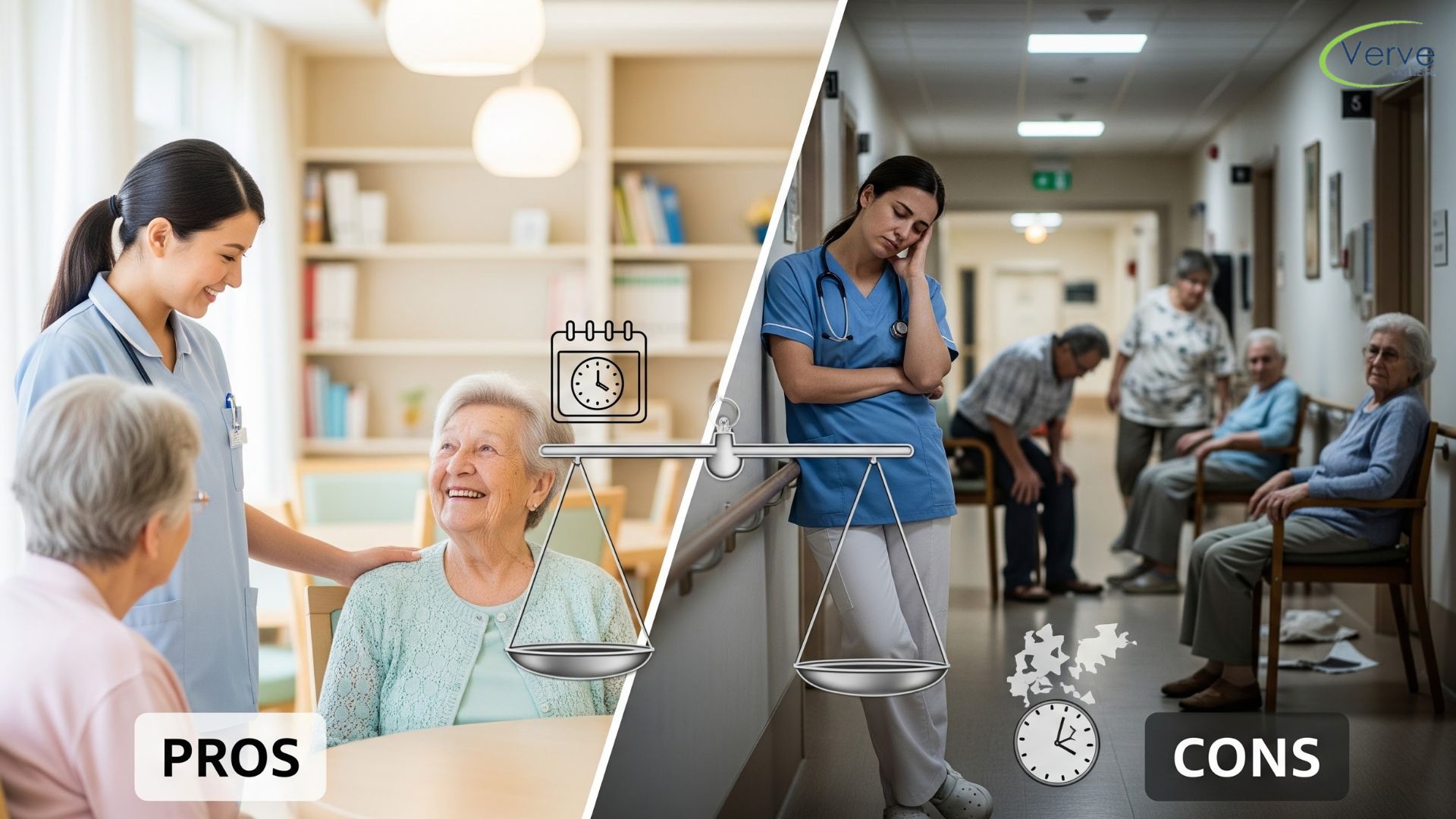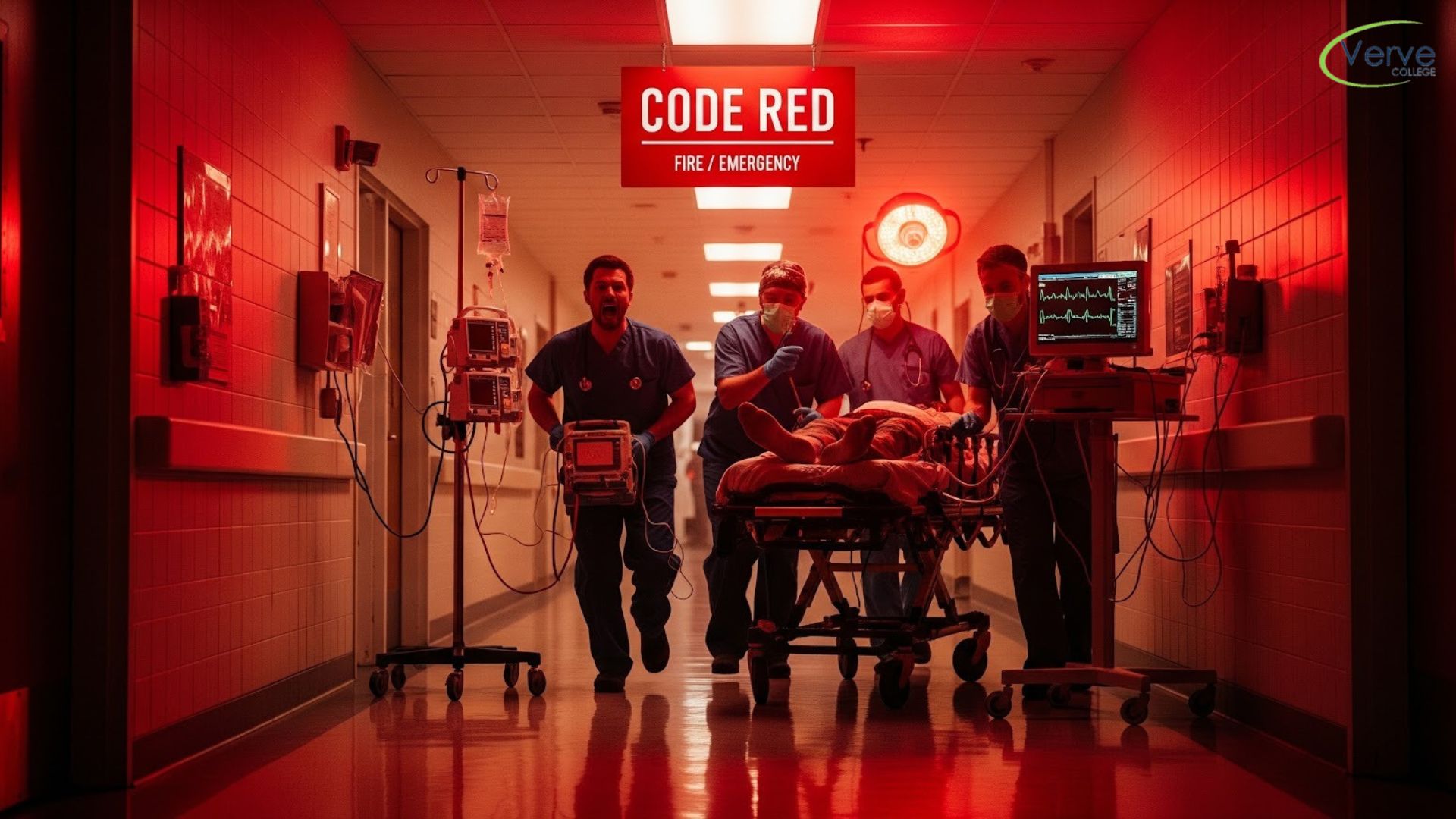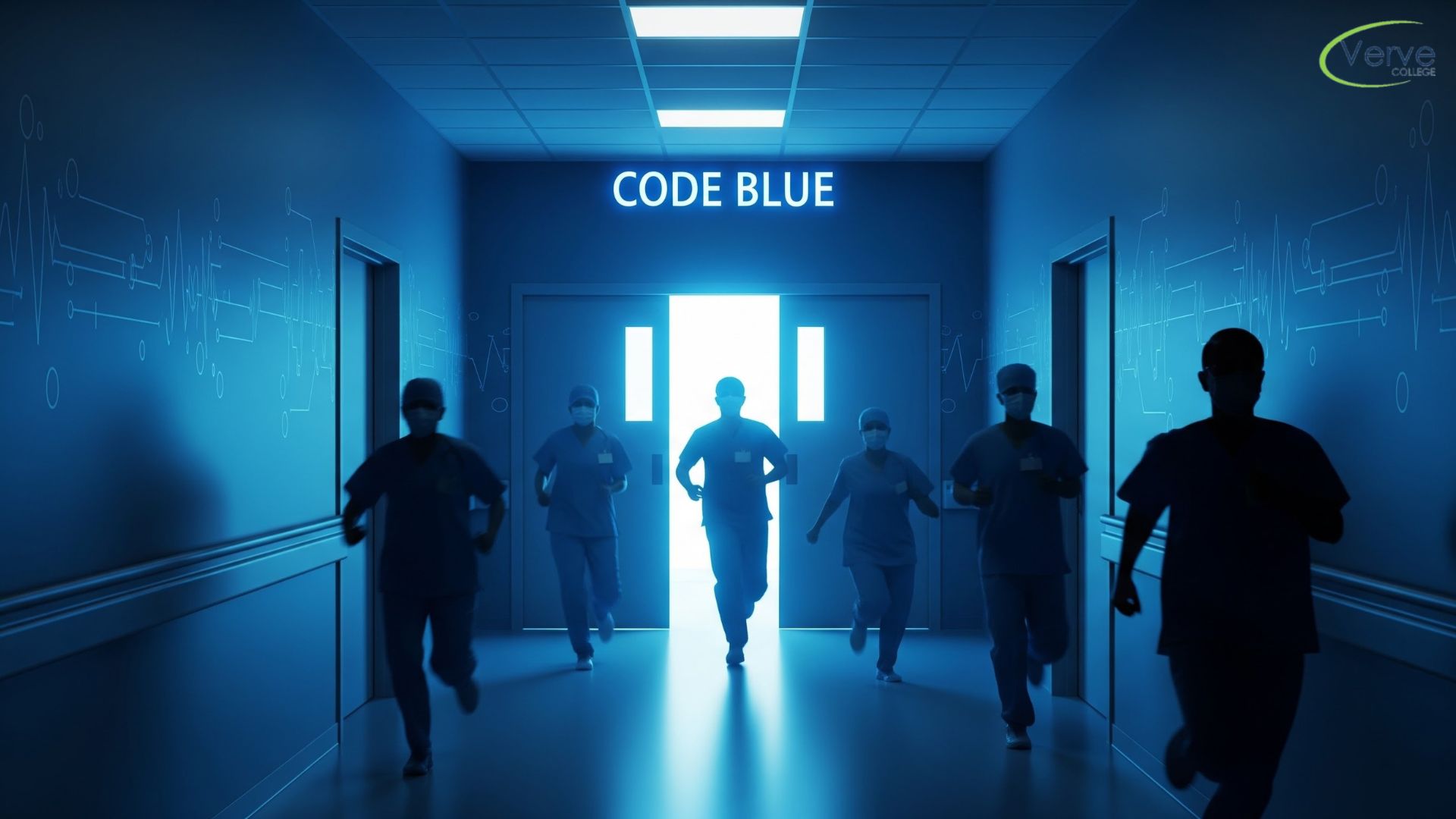- Oak Brook:(630) 705-9999
- Chicago:(312) 920-8822
- Email:inquiry@vervecollege.edu
- Make a Payment
- Home
- Programs
- Admission
- Resources
- ATI Entrance Exam Resources
- New E-Digital Library
- Refer a Friend
- School Newsletter
- Events
- Employers
- Job-Network
- Alpha Beta Kappa Candidates
- Verve College Library
- Graduation and Pinning Ceremony Photo Galleries
- Textbook Information
- Career Services
- Tutoring
- School Catalog
- FAQ
- Constitution Day Program
- Alumni
- Verve College Plans
- Financial Aid
- HEERF Reporting
- Satisfactory Academic Progress
- Apply For Financial Aid
- Net Price Calculator
- Return of Title IV Funds (R2T4)
- Financial Aid Office Code of Conduct
- Contact
- FAQs
- Verification Policy
- Vaccination Policy
- Student Right-to-Know Act
- Misrepresentation
- Information Security Program
- Academic Award Year
- Availability of Employee
- Cost of Attendance
- Health & Safety Exemption Requirement
- Students Rights and Responsibilities
- Leave of Absence
- Pell Formula
- Military Students
- Grants/ Scholarship Policy
- Contact Us
- Testimonials
- Blog
Is a Nursing Career Right For You?
Take The Free Quiz
5 Key Benefits of Nursing Informatics
5 Key Benefits of Nursing Informatics
Global healthcare systems remain inefficient despite a wide range of efforts from nurses and health professionals; errors still happen occasionally.
Healthcare informatics and nursing informatics aim to optimize patient care by eliminating errors, inefficiencies, and waste in processes and care delivery systems.
What is Nursing Informatics?
Nursing informatics has been defined by the American Nurses Association as an interdisciplinary field that unifies nursing science with various analytical sciences to identify, define and manage data within nursing practice.
At first, nursing colleges didn’t provide programs on informatics. Nurses with both clinical experience and computer knowledge attempted to automate care using information technology in an attempt to streamline caregiving services and increase quality with practical experience.
Nursing informatics success requires having an established background in nursing. Students should look for the best nursing colleges in Illinois.
How Does Nursing Informatics Enhance Quality of Care?
Nursing informatics and health information systems have many ways of improving patient care, from accuracy and precision in complex tasks, clinical decision-making, and communication between caregivers/ medical experts to streamlining medical procedures and streamlining patient records management – among many other advantages.
Nursing informatics and advancements in technology have five ways in which it can enhance quality care delivery in the healthcare industry:
- Reducing mistakes
- Information flow can be improved
- Improving patient record storage
- Empowering patients
- Save time
Reducing Mistakes
Enormous amounts of mistakes made within the healthcare system can be very expensive to both patients and providers alike. An error could harm them directly, while procedures or treatments may need to be repeated or changed altogether, leaving many at risk. Eventually, patients or their families might even file suits to seek justice against providers and health organizations for such negligence.
Nurse informatics, such as clinical decision support systems (CDSSs), can aid nurses in making key decisions more easily while decreasing errors (and, consequently, costs) during the field experience. To use such health information technologies effectively for patient care purposes requires being knowledgeable of how and where data comes from in order to interpret and utilize its meaning in an optimal fashion with hands-on experience.
Read More:- Fidelity in Nursing: Importance & Examples
Improve Information Flow
Our health system was previously organized as silos; now, it works more effectively, allowing patients to track their own health while physicians can check records from multiple specialties with one visit; patients also benefit from seeing multiple medical specialists within an office visit.
A wide variety of benefits of nursing informatics makes all this possible and significantly advances patient care, with health professionals being able to access, share and disseminate patient records more efficiently – without errors and with greater ease – including notes about special cases such as discharge instructions, or preventive services that need sharing among doctors or clinical staff in healthcare organizations.
Improves Patient Record Storage
Before this change was implemented, large medical facilities typically stored patient records in filing cabinets that took medical staff hours or days to access all information – which caused delays when diagnosing and treating patients due to having all information updated simultaneously with treatment details shared immediately after being updated or shared at all. This was greatly inefficient when large facilities tried storing details about patients securely online instead.
Nursing informatics improves care quality by securely storing and sharing patient records electronically, thus decreasing nurse workload and the potential risk of errors or delays.
Empower Patients
Patients often find health care confusing if they can’t access or recall past diagnoses and patient safety issues in nursing easily, making accessing all their medical info, such as past treatments, easier with nursing informatics and healthcare technologies. This may help change this scenario significantly by offering easier access to all the relevant details pertaining to them and their care plan – including treatment history if applicable.
Patients who maintain medical records can more easily keep track of symptoms and medications while reaching out to healthcare professionals when needed.
Saving Time
Nurses need to understand contraindications – symptoms or medical conditions which interact negatively with certain treatments – which could limit patient treatment options and can take considerable time and resources when searching through manual records or trying to comprehend divergent data on contraindications.
Nurse informatics – particularly its automation of a broad range of medical tasks, such as warning treating medical professionals of potential contraindications – is an efficient and time-saving solution that improves patient care in a range of settings.
Want to Make a Career in Nursing? Get More Information About Our Courses!
Conclusion
Nursing Informatics acts as an agent for change in the nursing profession and healthcare management. It’s imperative that nurses recognize the significance of nursing informatics to their careers and patient care and understand its potential benefits and impact. If you wish to learn more about nursing programs and medical fields, you should look for LPN programs near me to gain knowledge, skills, and expertise.
 Sign up
Sign up Login
Login




